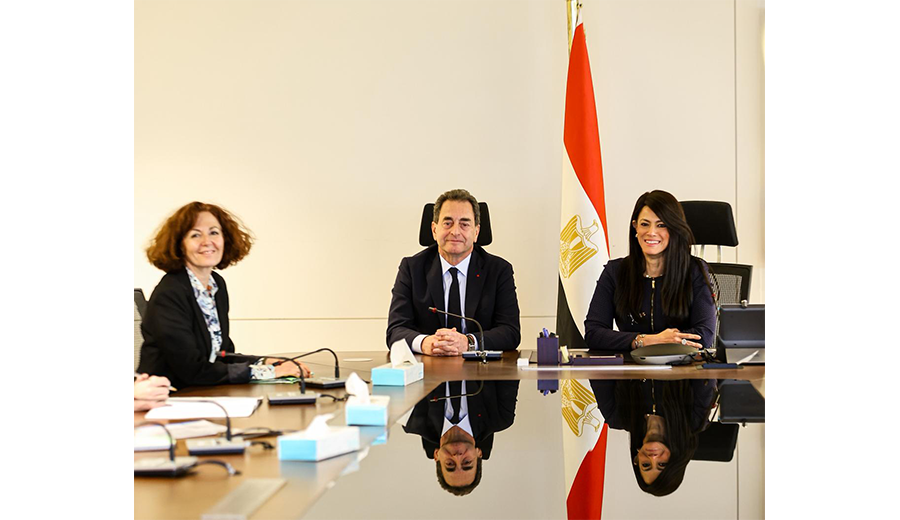Egypt’s Planning minister participates today in the first African Investment Promotion Agencies Forum

11 June 2021
Egypt’s Minister of Planning and Economic Development, Dr. Hala El-Said arrived on Friday at Sharm El Sheikh city to attend the activities of the African Investment Promotion Agencies Forum, which comes this year under the title "Integration for Growth".
The conference will be opened by the Prime Minister and will be held in Sharm El-Sheikh from 11 to 14 June.
The conference is the first forum for African heads of investment commissions.
El-Said is scheduled to participate in the session held during the first day of the forum entitled "Enhancing the Participation of the Private Sector: The Role of African Governments and Regional Partners".
The session will witness the presence of Dr. Rania Al-Mashat, Minister of International Cooperation, Mr. Wamkele Kapitsui Meni, Secretary-General of the Secretariat of the African Continental Free Trade Area (AfCFTA), Dr. Al-Hadi Mohamed Ibrahim, Minister of International Cooperation in Sudan, Mr. Abdo Fall, from the National Agency for Investment Promotion and Major Projects in Senegal.
The session is going to be moderated by Dr. Hani Sarie El-Din, Chairman of the Committee on Economic, Financial and Investment Affairs in the Senate of Egypt.
The aforementioned forum is the first for heads of African investment agencies, organized by the General Authority for Investment and Free Zones, in the presence of ministers and heads of investment agencies in 34 African countries, in addition to representatives of major institutions and economic blocs, and Egyptian businessmen with successful experiences in the African market.









